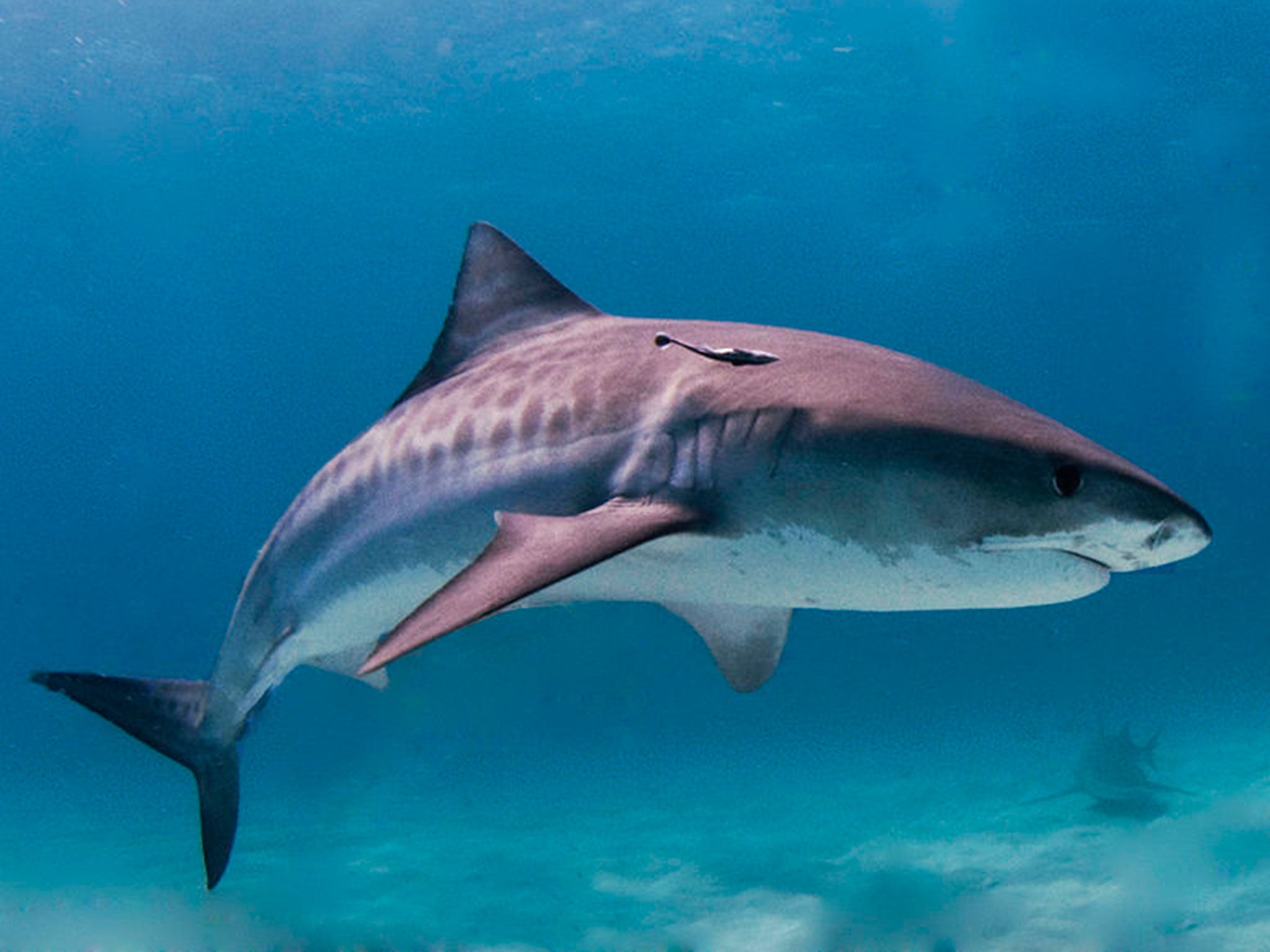The Independent's journalism is supported by our readers. When you purchase through links on our site, we may earn commission.
Google using super-strong material to protect underwater internet cables against shark attacks
Sharks are known to like gnawing on fibre optic lines but no-one knows why

Your support helps us to tell the story
From reproductive rights to climate change to Big Tech, The Independent is on the ground when the story is developing. Whether it's investigating the financials of Elon Musk's pro-Trump PAC or producing our latest documentary, 'The A Word', which shines a light on the American women fighting for reproductive rights, we know how important it is to parse out the facts from the messaging.
At such a critical moment in US history, we need reporters on the ground. Your donation allows us to keep sending journalists to speak to both sides of the story.
The Independent is trusted by Americans across the entire political spectrum. And unlike many other quality news outlets, we choose not to lock Americans out of our reporting and analysis with paywalls. We believe quality journalism should be available to everyone, paid for by those who can afford it.
Your support makes all the difference.Google is reinforcing its underwater internet cables to protect them against shark attacks.
The fibre optic lines under the Pacific are being wrapped in a super-hard material similar to Kevlar, which is used to make bullet-proof vests and military armour.
Dan Belcher, a product manager for the company, told the Google Cloud Roadshow the internet giant goes to great lengths to protect its infrastructure, Network World reported.
Sharks appear to have developed an inexplicable taste for underwater cables dating back to the 1980s.
A New York Times report in 1987 said the then new fibre optic cables linking the US, Europe and Japan were being gnawed by sharks, causing phone and computer failures around the world.
In 1985, shark teeth were reportedly found embedded in an experimental line in the sea off the Canary Islands.
One theory is that curious sharks are attracted to the electric and magnetic fields around the cables, which are far stronger than with older copper lines, and mistake it for distressed fish.
Fibre optic cables are able to transmit information much faster than metal and Google is upgrading much of its US network in an attempt to reach internet speeds of one gigabit per second.
Join our commenting forum
Join thought-provoking conversations, follow other Independent readers and see their replies
Comments